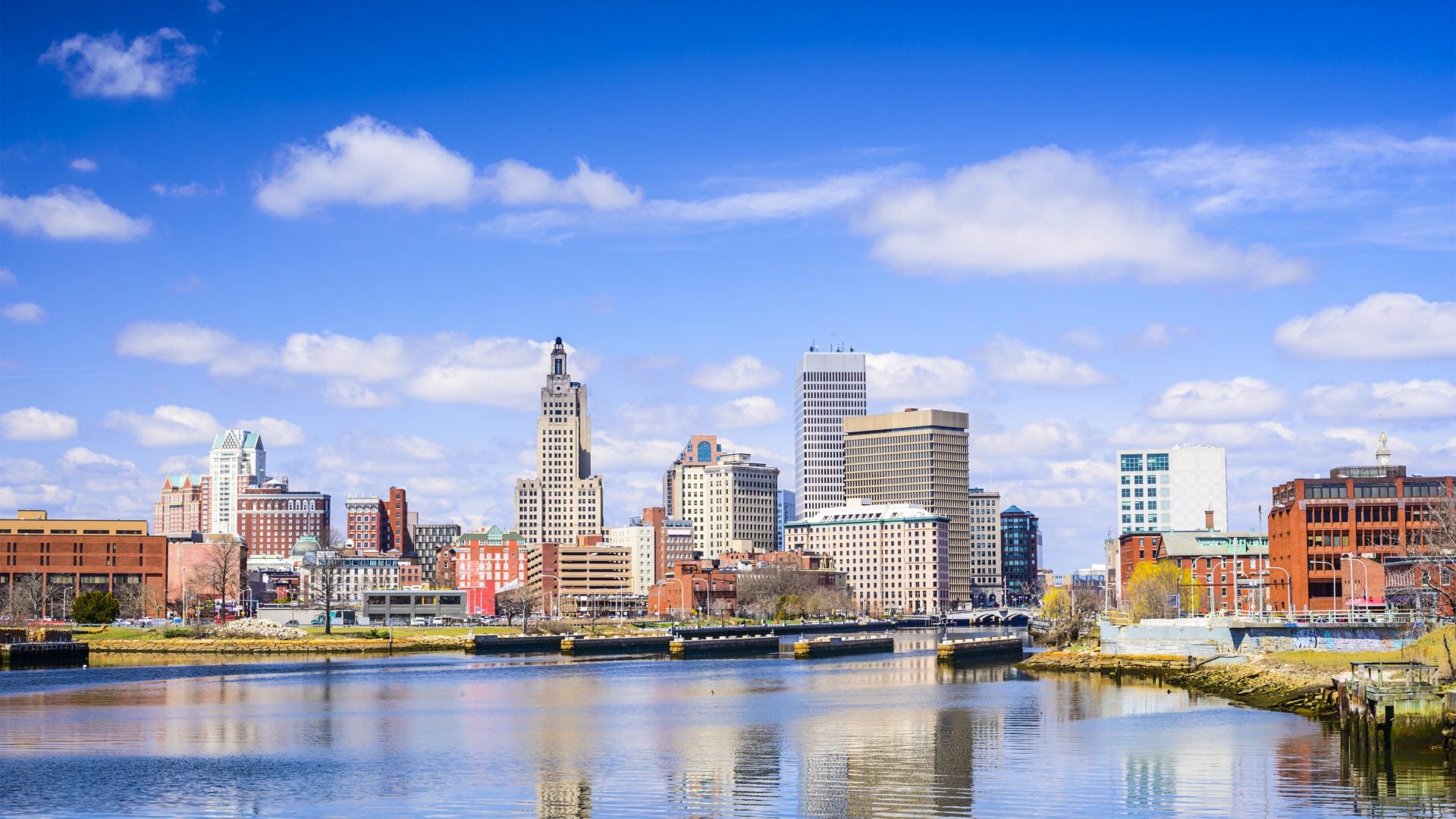
Providence really surprised me when I visited a few weeks back for the 5th Annual PVDFest–the city’s signature arts and culture festival. I had been there years before celebrating the graduation of my childhood bestie from Providence College, but never imagined that I’d ever make it back, and when I did, I was delighted to discover that the coastal city is sprinkled with Black Historical gems.
Although the destination has a reputation for being a bit melanin deficient, the historical presence of Black people in one of the first and pivotal slave states, is loaded with the contributions of the enslaved Africans that literally built the city of Providence and subsequently its textile industry. Remember a little something called the Cotton Gin? The blueprints are still there. Learning of its origination and creation of the textile industry that affected Black lives for decades, is a big draw and attraction for Black families to visit Providence. The city is a great option for group or solo travel. With its decadent food scene (courtesy of culinary giant Johnson and Wales University), walkability and rich, and interesting history of African American, Cape Verdean, Ghanaian, Italian and . LBGTQ communities, Providence, Rhode Island is much more interesting than I remember.
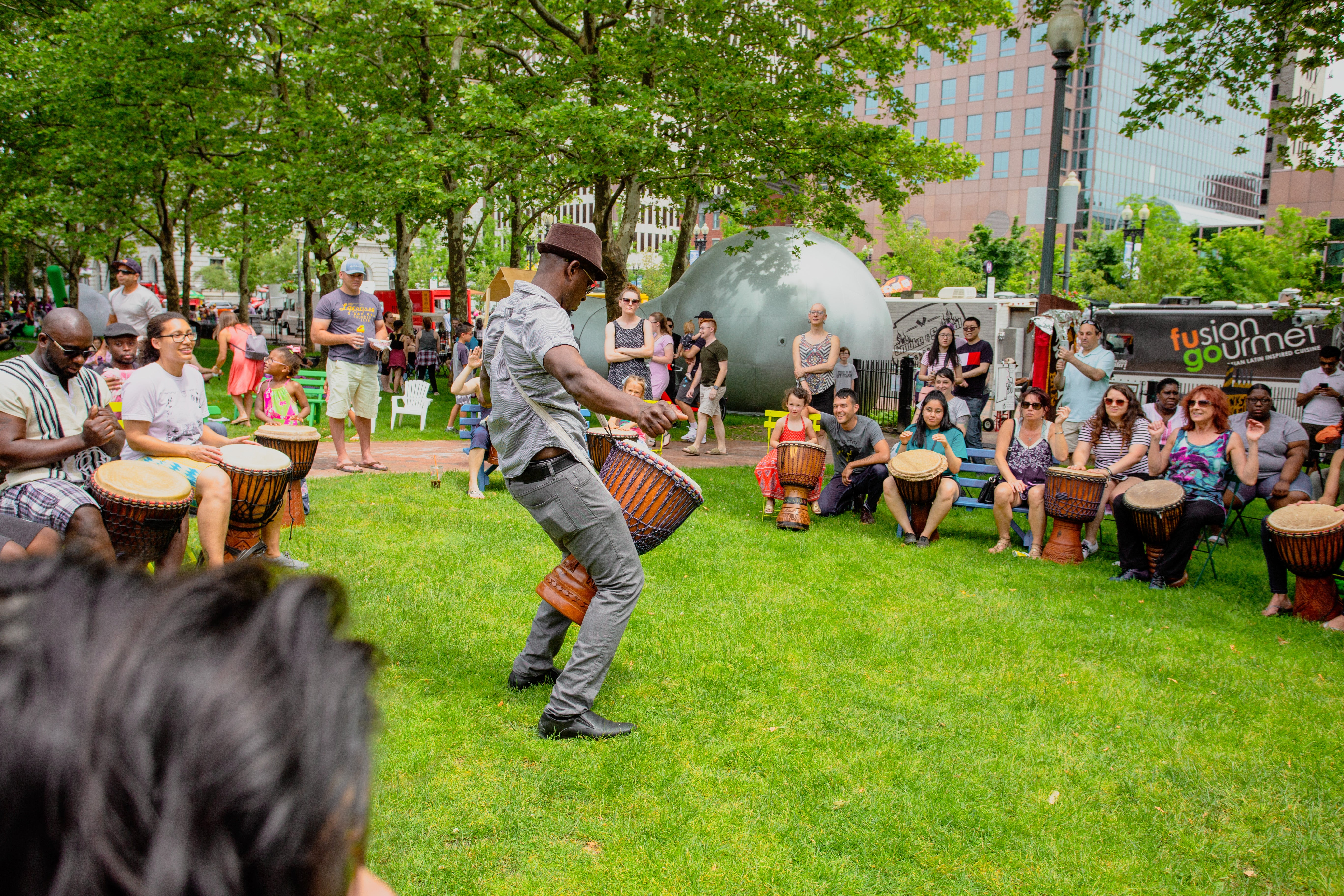
Most of the Black people living in Providence are either from Cape Verde descent or other West African countries. A century ago, Black Americans moved from Providence to New Port, Rhode Island following the change in the dominant textile industry, coupled with the city gentrification, especially around the areas of Brown University and The Rhode Island School of Design (RISD).
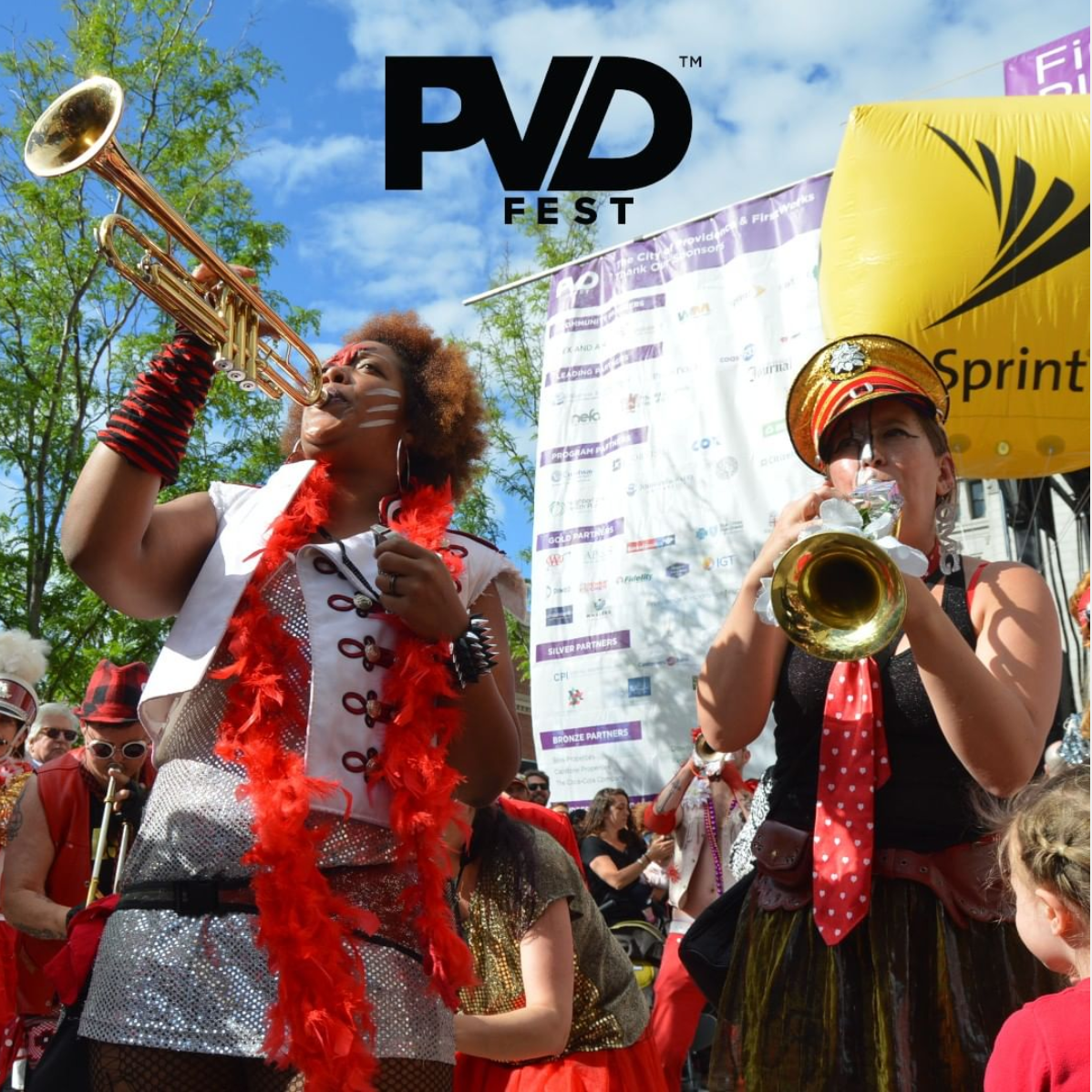
Activist and public historian, Elon Cook Lee, conducts a tour in and around Brown University and RISD that is a must when you visit the city. “Providence is a great place for Black families to explore during the summer because it is full of eclectic arts events and activities. There are walking tours throughout the city covering the last 400 years of African and African American history. There are rotating history and art exhibits at the Center for the Study of Slavery and Justice, the Center for the Study of Race and Ethnicity at Brown University and the Center for Reconciliation, which is walking distance from Brown’s campus. The RISD Museum also has permanent and rotating exhibits that include works of art created by local, national and international diasporian artists. Providence was instrumental in the founding of the African diaspora in the U.S due to its fascinating historical connections to the international slave trade, “ Lee reveals.
“Providence was one of Rhode Island’s four coastal communities that helped to make the small state a center point of U.S international slave trading. Rhode Islanders built, outfitted, chartered, insured, worked on, or captained between 60-90% of U.S slave ships. Rhode Island farms sold food to Caribbean slave plantations and later Rhode Island textile mills clothed enslaved workers until the last days of chattel slavery. Enslaved Africans in Rhode Island built many of the state’s oldest buildings and their labor funded the creation and early expansion of Brown University. There is also a fascinating history of Black men’s involvement in the Rhode Island 1st Regiment that was the first racially integrated fighting force in U.S history. It was predominantly made up of enslaved and formerly enslaved Black men who chose to fight for American independence from Britain in exchange for their freedom from slavery. The Center for Reconciliation’s walking tours explore many stories of African resistance to slavery including a narrative about a skilled stonemason who carved African faces on to headstones, individuals who made daring attempts at liberation, child survivors of slave ship insurrections, and a woman who baked her way to both freedom and financial independence” says Lee.
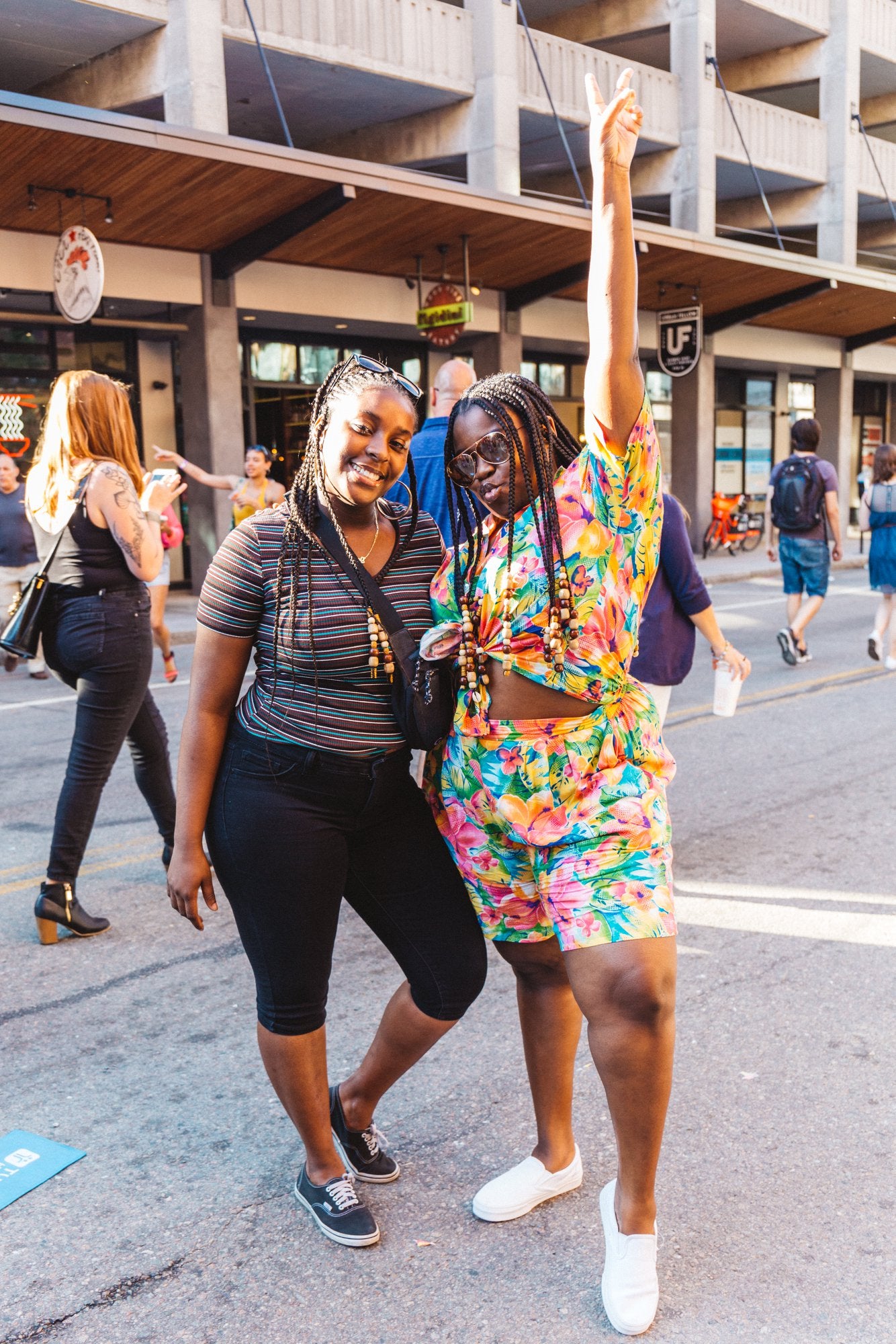
Providence has enjoyed an influx of Blacks moving to the city in recent years. The cost of living, pace and close proximity to other cities like Boston, NYC and DC is a large draw for Black families. “When considering moving to Providence, I found the opportunity to have a family within my means and the possibility of creating a legacy for my children,” says Aarin Clemons, general manager of The Dean Hotel.
Now that we’ve educated you on Providence’s connect to the Black experience, here’s where to eat, stay and play around town.
Where to Eat
Garden of Eve: A tasty Haitian Restaurant. www.gardenofeveri.com
The District: Black woman employing an all-female kitchen staff. www.thedistrictri.com
Food for the Soul: Intimate down-home Southern Cooking – 401. 490-2796
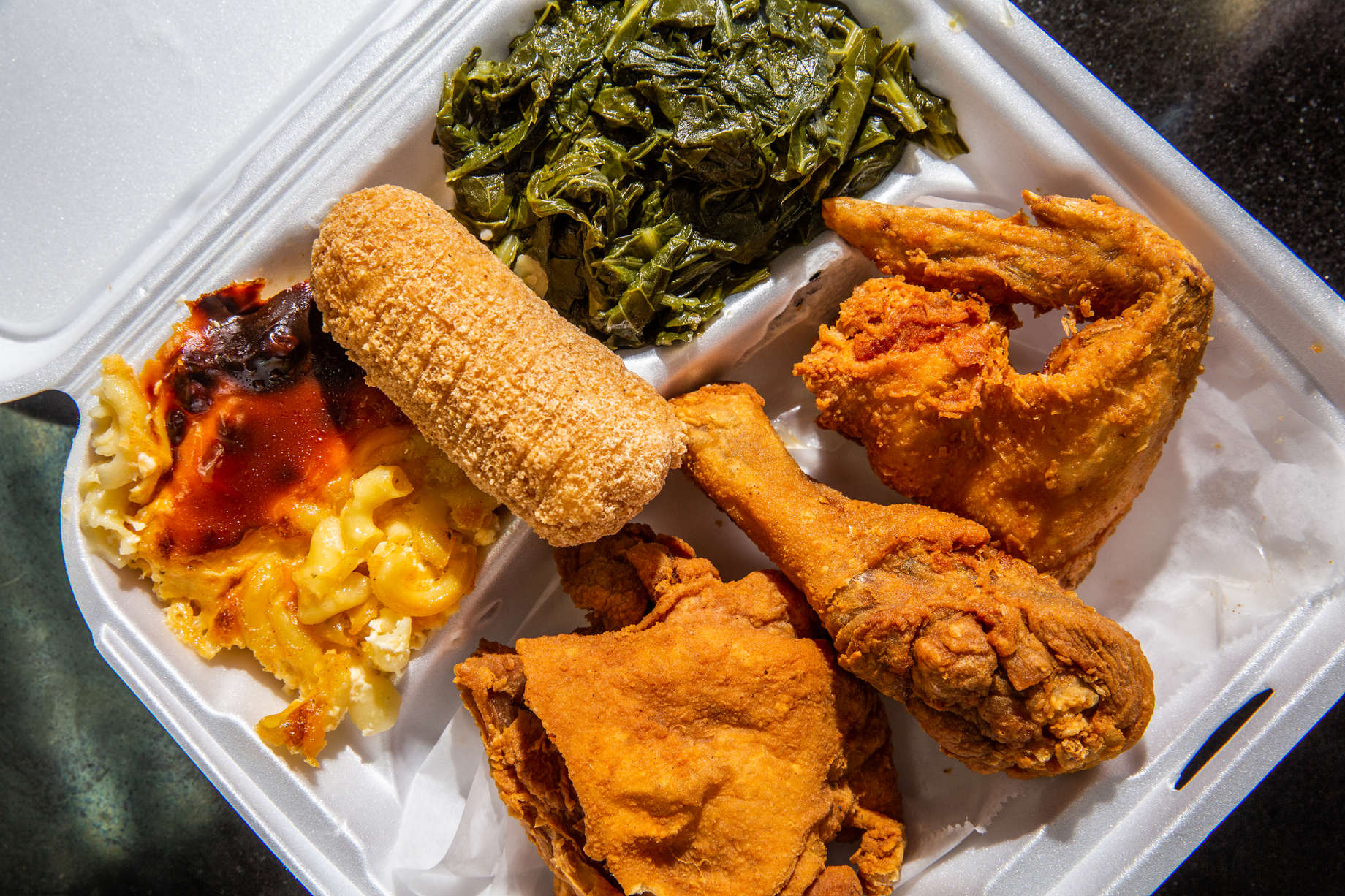
Where to Stay:
Brooklyn CoffeeTea and Guesthouse: Black woman-owned. www.BrooklynCoffeeTeaGuestHouse.com
What to do:
Center for the Study of Slavery & Justice https://www.brown.edu/initiatives/slavery-and-justice/ www.stagesoffreedom.org/
Center for the Study of Race & Ethnicity https://www.brown.edu/academics/race-ethnicity/home
Center of Reconciliation https://cfrri.org/tours
Waterfire – Public Art fire sculpture installation in the downtown Providence’s downtown rivers. Free and open to all. https://waterfire.org/